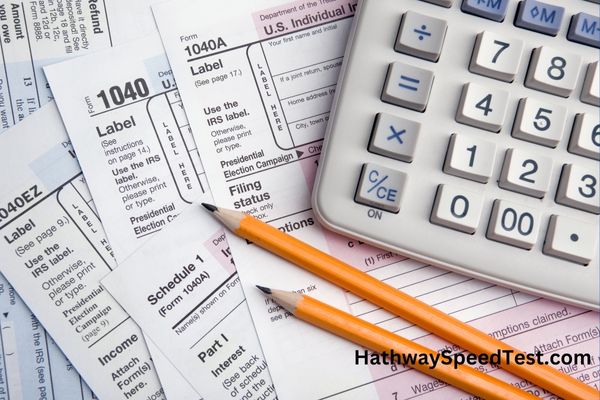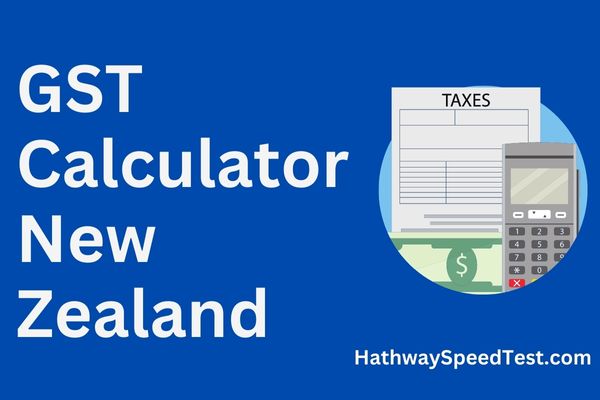GST Calculator New Zealand is an online tool that helps individuals and businesses with their tax obligations in New Zealand. The GST Calculator provides simple, step-by-step instructions for calculating a specific transaction’s GST liability. Users can purchase values and quantities and select from various tax rates to get an accurate result.
What is GST?
What is GST? GST (Goods and Services Tax) is a tax that applies to most consumer and business transactions in New Zealand. It was introduced in 1986 by the fourth Labour Govt. GST replaces multiple taxes previously applied to goods and services bought and sold in New Zealand.
How is GST Calculated?
In New Zealand, the GST ( Goods and Services Tax ) is a value-added tax that applies to most goods and services sold in New Zealand. The GST is integrated into the general price level of products, which means the tax is added to all goods and services sold in New Zealand. If you are importing goods into New Zealand for sale, you must also pay any GST due on those imports.
GST rates vary depending on what type of good or service it is. There are five main rate brackets and a lower-tiered rate for specific items. The primary rates are 15%, 25%, 30%, 35% and 40%. There is also a lower-tier rate of 5% for domestic supplies made by resident businesses, including most New Zealand commercial operations. The basic rule governing how much GST should be applied to a purchase is as follows: The total amount of GST owed on an unlocked item must exceed 10% of the purchase price. If the total amount of GST owed on an unlocked item does not exceed 10% of the purchase price, then no GST is payable.
Read more: GST Calculator Singapore
GST QST Calculator
Who has to pay GST?

GST is payable by both consumers and businesses, although businesses usually have to pay it higher than consumers. All goods and services bought or sold in New Zealand are subject to GST, even if they’re not mentioned explicitly in the legislation governing their application. This means that items like fresh food, books, newspapers, clothing, pets and rental property are all taxable under GST.
What is the Role of GST in the Economy?
GST is a tax levied at most countries’ national, state or territorial levels on items purchased for resale. GST aims to increase tax revenue and reduce the incidence of taxation. GST systems require accurate purchase and resale information input to recover the correct amount. This information can be challenging to acquire and keep up to date, which is why some merchants pay GST without recovering it from buyers or sellers. When goods enter into taxable supply, each party is required to identify its value for GST purposes. The value for GST purposes may differ from the price paid by either buyer or seller. Value for GST purposes includes materials, labour costs, and other costs associated with producing or supplying the goods or services. In New Zealand, goods and services attract a standard rate of 15 per cent plus either an additional 5 per cent (for certain luxury goods) or 12 per cent (for food).
